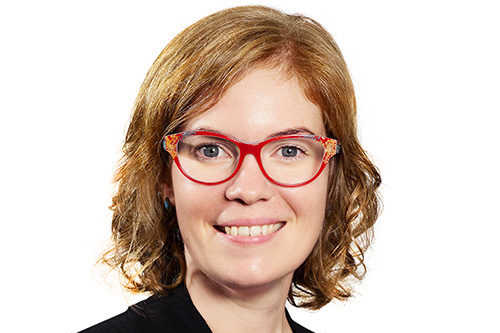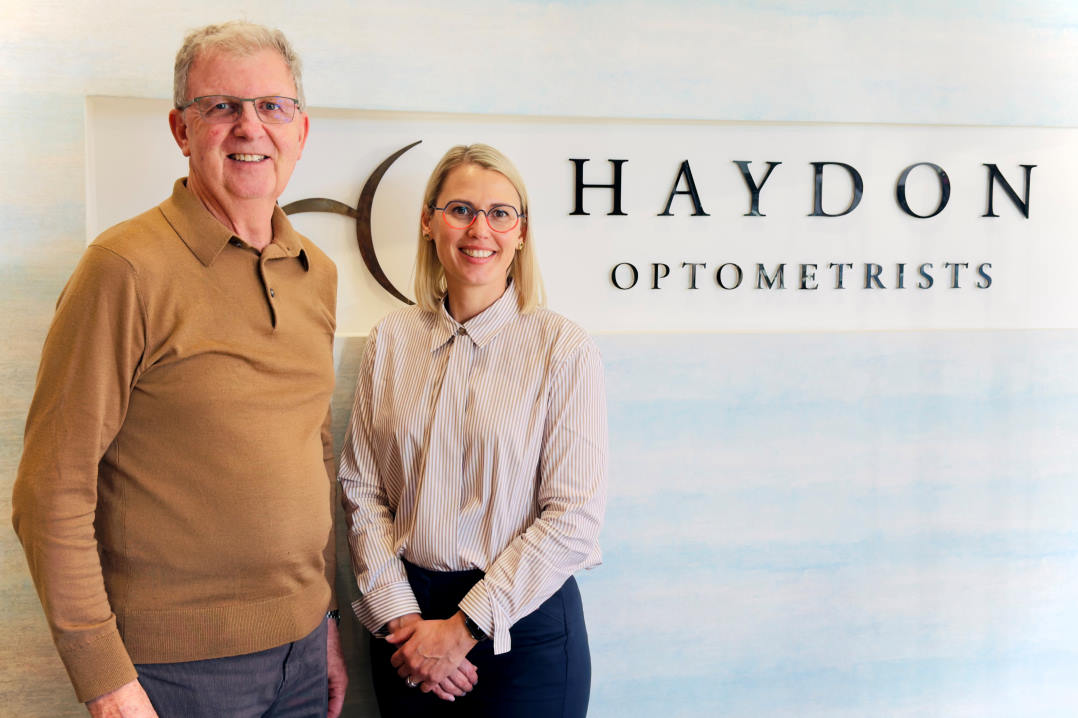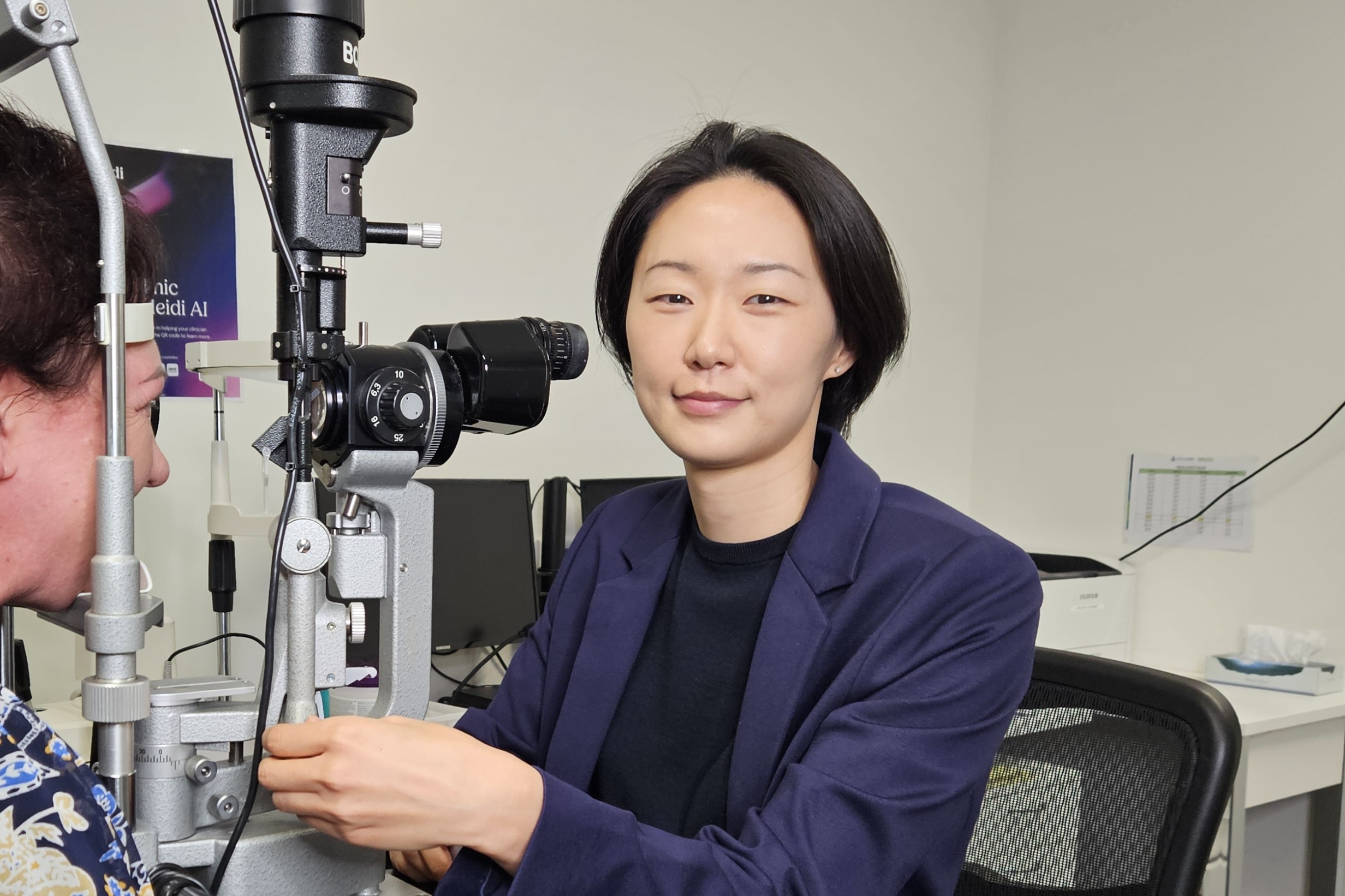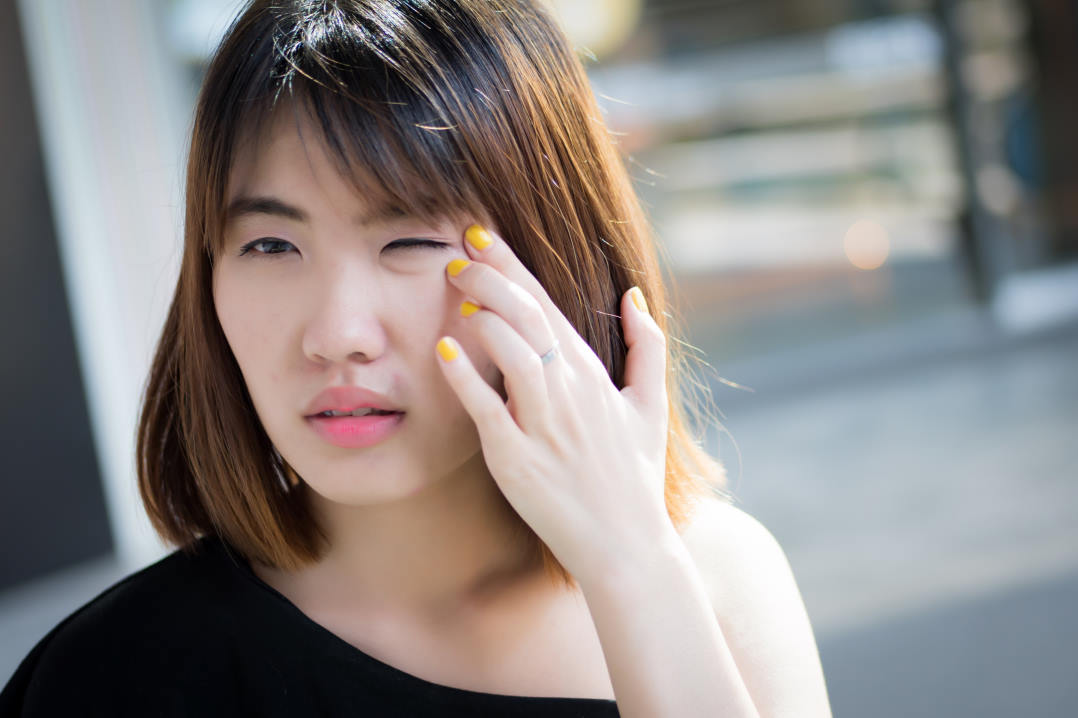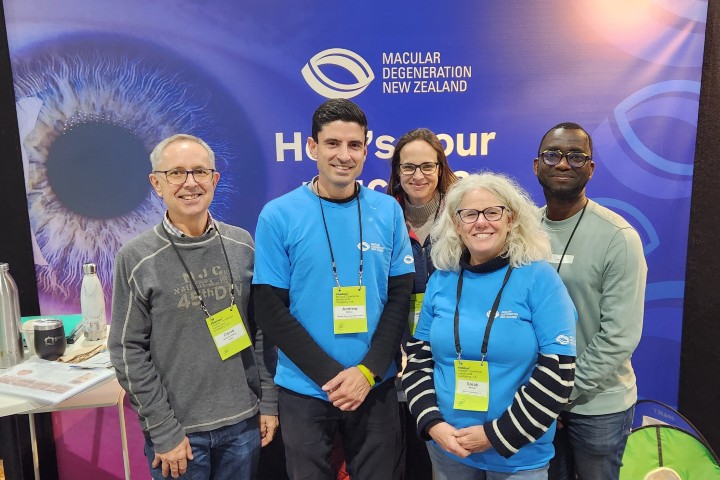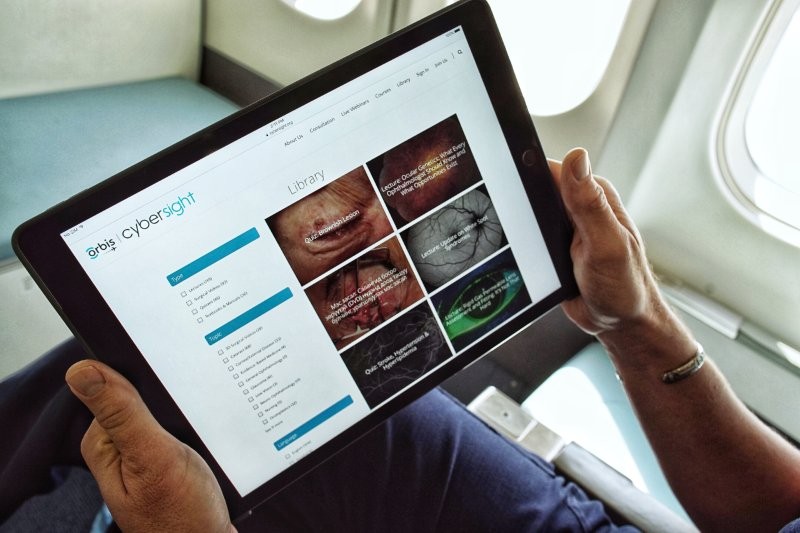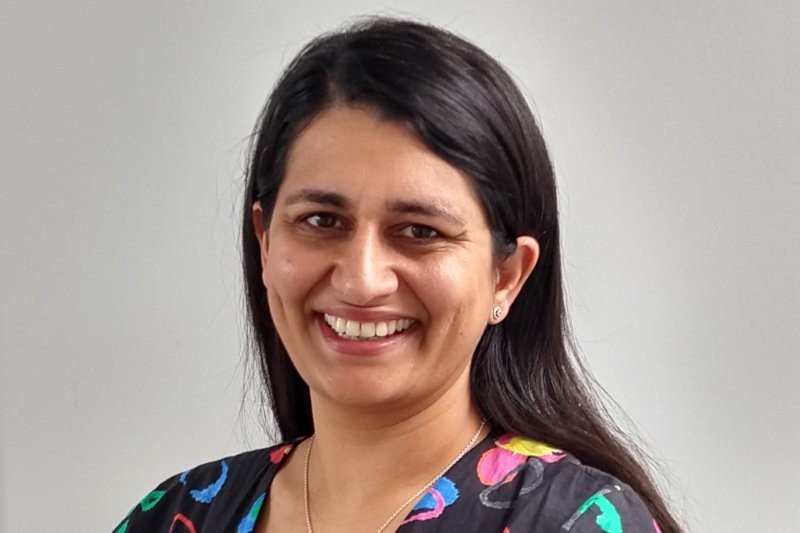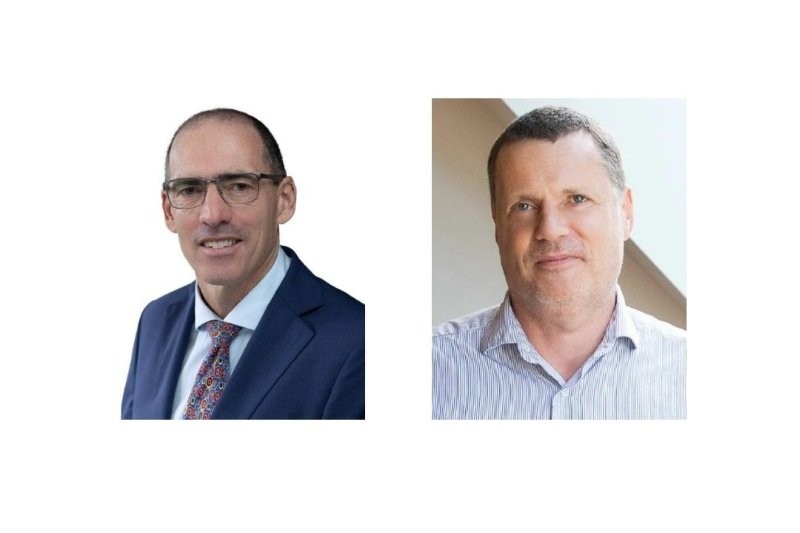Meet the speakers at CCLS 2020
Dr Kate Gifford
Why the passion for myopia?
Right from my university days, I was interested in both contact lenses and binocular vision/paediatrics. My final year research project was on ortho-k and, after a year in corporate practice, I started working for an independent where I had an opportunity to practice ortho-k. The research evidence for myopia control really first sprung from those first ortho-k studies 10-15 years ago. When looking at the earlier evidence for progressive spectacles, where efficacy was based on binocular vision status, clinical myopia management for me became the perfect combination of contact lenses and binocular vision. As the research evidence has continued to grow, my involvement with the academic, clinical and leadership aspects of optometry have provided me with the skills and opportunities to help more myopic children by helping their optometrists translate research into practice.
What can practitioners expect from this year’s workshop?
Paul and I have plans to make this year's Myopia Profile Live workshop like nothing they have ever experienced before! We are going to be using novel technology and methods to make the lectures and case studies interactive. We will also involve an international, online audience for a unique learning experience.
What are you most looking forward to, joining CCLS in Wellington?
This will be our first Myopia Profile Live event and we're thrilled that it will be in New Zealand. I'm looking forward to sharing this occasion with friends and clinical leaders across the ditch, and to showcase a little bit of New Zealand to the world through our worldwide audience on Myopia Profile.
Dr Paul Gifford
What sparked your interest in eye health?
I actually never had an initial interest in eyecare. I left school at 16 (hated it!) and my mum took me to the job centre two weeks later (because she hated me being at home). Trainee optical technician was the most appealing job on offer and my interview was the first time I had ever stepped into an optometry practice. In my naivety, I asked the optometrist whether my training could lead onto testing eyes only to be told that higher qualifications were needed, so not to think about trying. I love a challenge, so this was like a red rag to a bull!
Which aspect of optometry do you find most fascinating?
Optometry is a fusion of health and retail, which is completely unique and doesn’t fit standard business models. Right now, I’m fascinated about how technology is smashing up one of the world’s oldest professions; the advances, changes and challenges this creates, and I’m intrigued by how the profession reacts. In a few short years, we have gone from having to describe what we see from ophthalmoscopy with the naked eye, to having instantly available and archivable three dimensional scans. Yet, despite the immense efficiencies this technology provides, many who use this technology continue to follow the old ways, writing down everything they see in intricate detail, leading to extended rather than reduced appointment times. This is like using your smartphone to take a photo and then stopping to write down everything it shows in a notebook. It provides an example of the challenge imposed by new technology colliding with old techniques.
What do you enjoy doing outside of work?
Creating, exploring and overcoming difficult challenges, so just like work, but in a different context. I like travelling for the many opportunities to explore that it provides, in the absence of travel, I’ll immerse myself in anything that seems hard. Right now, I’m creating and building a cupboard unit to fit in the back of our car for when we go camping, which, for someone without any woodworking training, is a challenge. I’m also learning how to build interactive websites. Oh, and I enjoy simple things like walking our little dog with Kate.
Dr James McKelvie
Why ophthalmology?
Ophthalmology offers a unique and rewarding mix of rapidly evolving technology, interesting clinical problems, a wide range of surgical procedures (with many resulting in large quality-of-life gains for patients), and the opportunity for research. I couldn't imagine ever finding a better profession!
What can practitioners expect from your talk?
A practical guide to the risk factors, diagnosis and management of acanthamoeba keratitis with a focus on New Zealand data.
Why should optometrists and ophthalmologist attend CCLS this year?
CCLS is a fantastic conference with a wide range of excellent speakers. It is also an opportunity to network and make connections with optometrists and ophthalmologists from around New Zealand.
What do you most enjoy doing outside of work?
Mountain biking and skiing are always high on the list, along with spending time with family and friends.
Kathryn Berkett
Why the passion for educational psychology?
After school, I started out volunteering in alternative education. I worked with an amazing young man who solved an incredibly difficult math equation using his own logic, yet he was deemed ‘an issue’. I wanted to learn how to help children and adolescents who don’t fit the ‘system’ but have such excellent potential. I studied and qualified with a Master of Educational Psychology so I could help them reach their potential.
What is your CCLS topic?
We are going to talk about self-care. Everyone who works in healthcare needs to put others first all the time. The neuroscience in this session will highlight the need to consider your own self-care, so you can optimise your effectiveness towards others. We will also talk about the effect screens have on children and brain development, to link in with existing knowledge about the effect on eyesight.
Outside of work, what do you enjoy?
I have two children, 13 and 16. Given they are teenagers, most parents will identify with me, in that I spend most time out of work being a taxi, counsellor and cook. My partner and I do like to take a road trip, just to get coffee somewhere interesting. My ultimate start to the day, when I’m not working, is a good cup of tea on the deck at home, listening to the kererū, tui and other birds.









